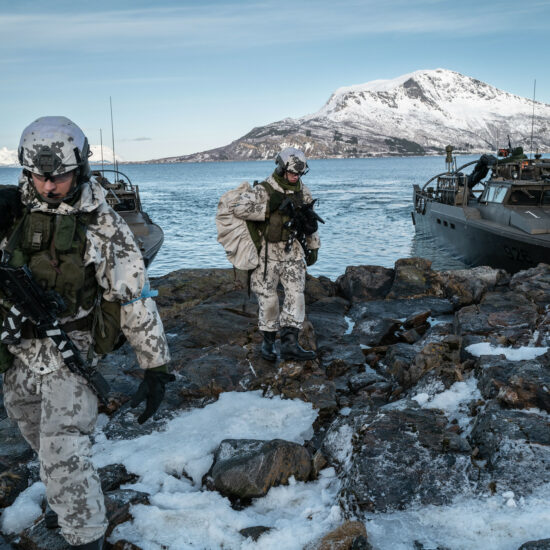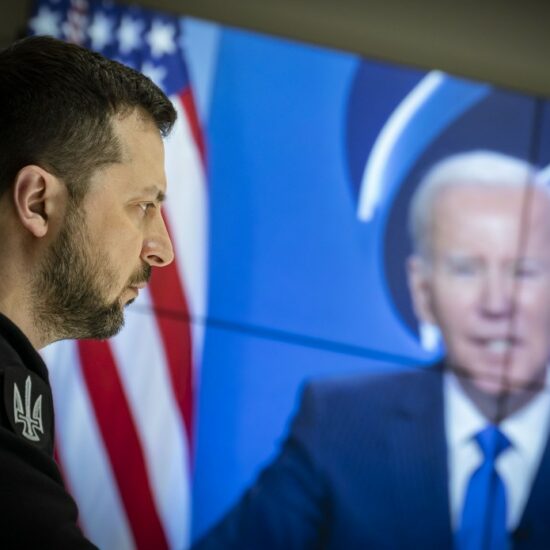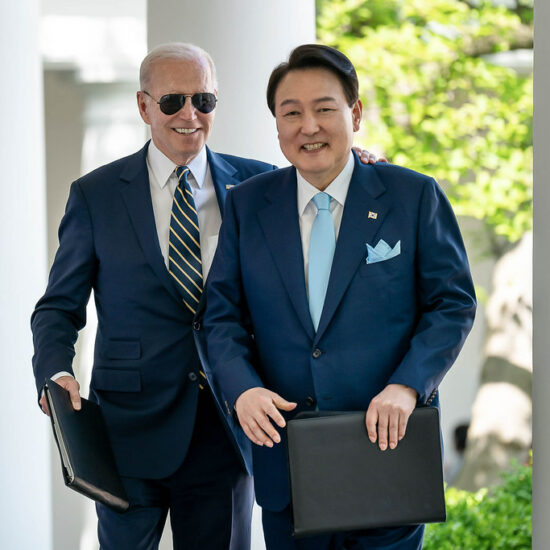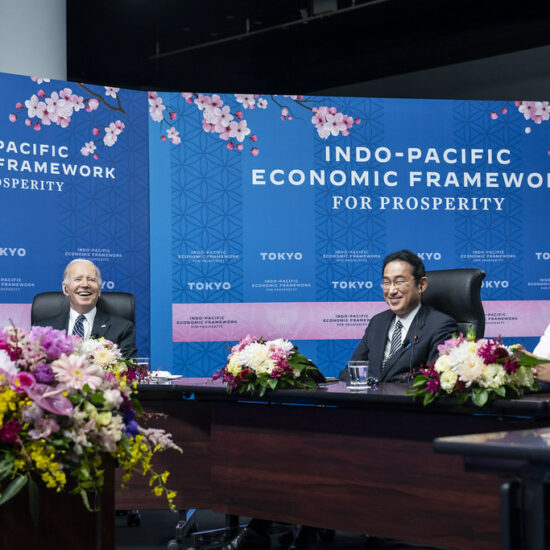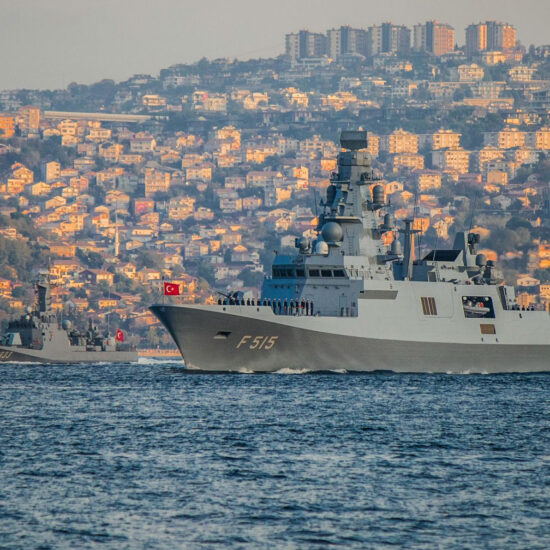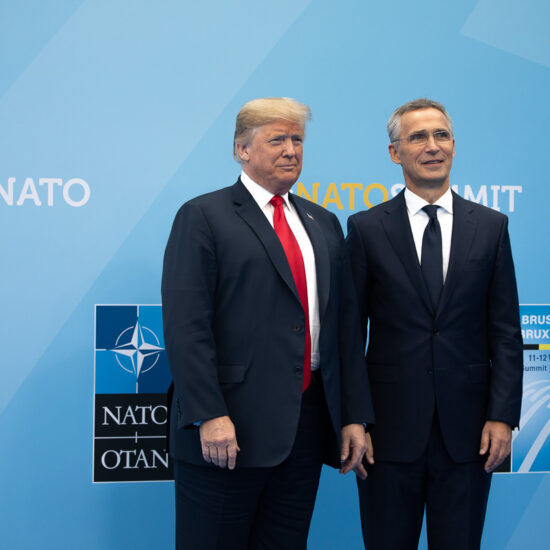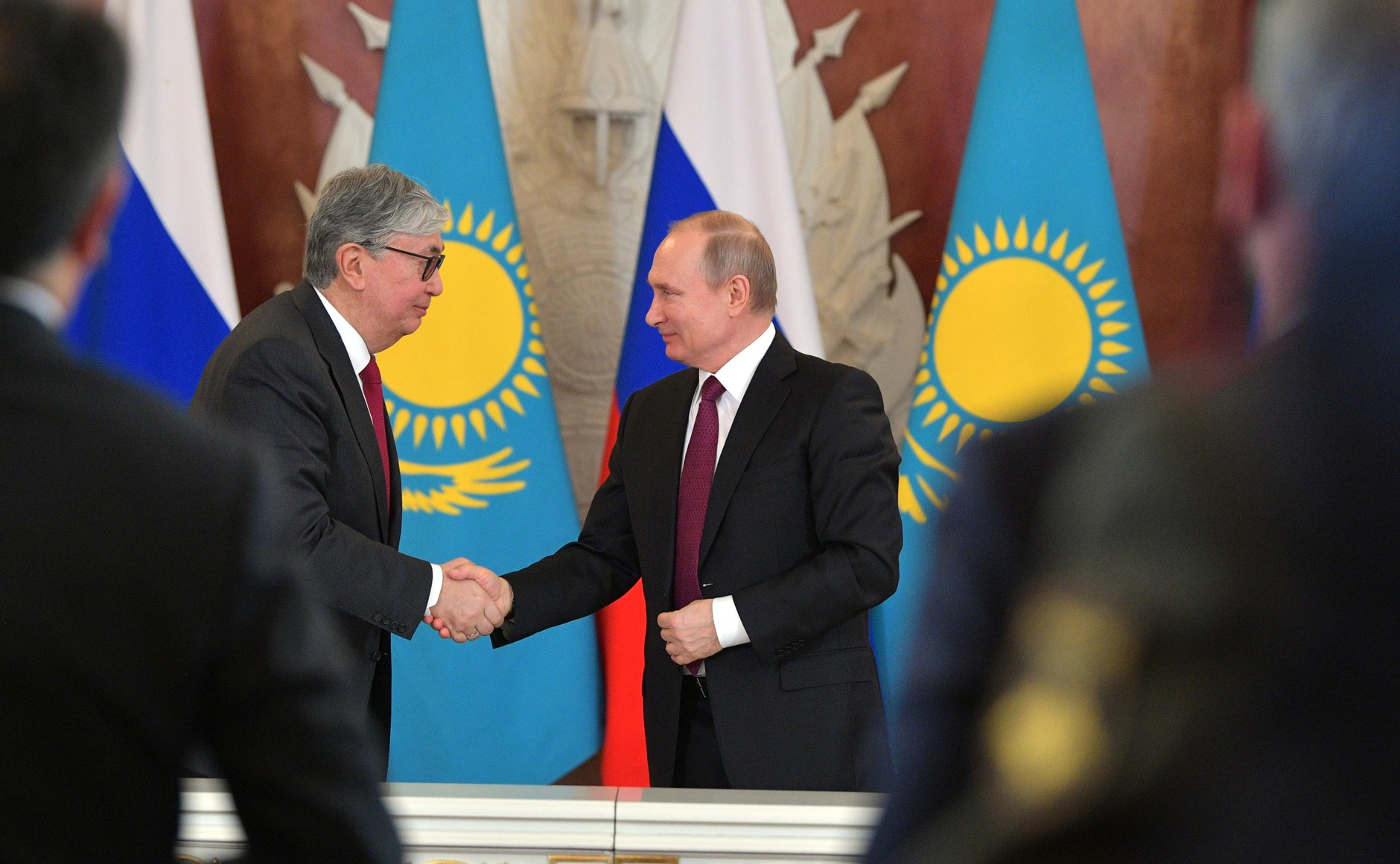
Image credit: The Kremlin
Is the world seeing the rise of an alternative type of international security alliance where nations collaborate under the ideological rubric of countering the influence of non-state actors and advocacy groups? Recent events in Central Asia imply that the liberal consensus about international civil society pushed by North Atlantic powers may have lost its appeal, and that alternative conceptions of international security cooperation could be on the rise in some parts of the world.
Over the past few weeks, the world witnessed major protests and riots unfolding in the Central Asian nation of Kazakhstan, particularly centered around the economic and cultural hub and former capital city of Almaty. Having begun initially as a reaction to the sudden increase in gas prices on January 2nd, the unrest soon spread with thousands having been detained and hundreds killed.
Kazakhstan’s president, Kassym-Jomart Tokayev, asked the Collective Security Treaty Organization (CSTO)–the Eurasian alliance of Kazakhstan, Kyrgyzstan, Tajikistan, Russia, Armenia, and Belarus–to intervene. The CSTO affirmed its support for the Kazakh government by deploying a mostly Russian international contingent to the country. The small size of this force hardly overshadowed the domestic Kazakh security services, but the purpose of invoking the CSTO treaty was likely to show the seriousness of the Kazakhstani government’s international backing as an inter-elite dispute unfolded during the crisis. Tokayev turned the table on his former mentor, Nazarbayev, by calling on Russia for help–turning dreams of a ‘Turkic world’ espoused by Turkish nationalists into dust.
That this was done for more domestic and political—rather than military—considerations has now all but been admitted by Tokayav’s government following the dismissal of ex-President Nazarbayev (longtime friend and partner of Erdogan) from his post as head of the Security Council and official criticism of the wealth inequality that arose during Nazarbayev’s 29-year reign. It was also a signal of Russia’s enduring influence in the region and a major blow to Turkey’s larger ambitions in Central Asia and the calls for a greater Turkic community that has Russia, China, and even Iran concerned.
On January 10th, Russian President Vladimir Putin declared that “victory” had been achieved against a revolt by “terrorists” in Kazakhstan and implied that foreign actors had been responsible for the upheaval. On January 11th, the deployment was declared successful, and Putin stated that the troops would begin returning to Russia.
It was Nursultan Nazarbayev, Kazakhstan’s former head of state, who back in 2016 warned of the potential for such an insurrection to occur in the country. Putin himself this week brought up the term “colour revolutions” against which he is determined to defend the post-Soviet space, while Tokayev condemned what he called an “attempted coup d’état” by groups of “armed fighters.” The “colour revolution” descriptor is often used as a moniker for crises that were manufactured in Georgia in 2003, Ukraine in 2004, and Kyrgyzstan in 2005 where pro-Russian governments were brought down by protest movements which were alleged to have foreign backing, particularly from the United States and NATO-allied nations.
Due to Kazakhstan’s distance from core U.S. interests and its willingness to engage in international trade and liberal market economics, it seems unlikely that the United States is pursuing direct regime change against Kazakhstan in particular. Although the timing of the unrest—coming at a time of heightened tensions between Russia and the West over Ukraine—is curious, the crisis in Kazakhstan appears to be coincidental. Nevertheless, this type of conspiratorial rhetoric finds a receptive audience not only in the ruling class of the post-Soviet world but also in many countries further afield. From Ethiopia to Iran, many governments pin their domestic troubles on an American/Western puppet master, and not without reason. U.S. and E.U. interference in 2014 in Ukraine has been well-documented, as has—most destructively—NATO’s covert involvement in the Syrian Civil War. The European Union has also been extremely active, via non-governmental organizations (NGOs), in the recent instability in Belarus. These past transgressions make any claims of the U.S. or E.U. interference on behalf of protestors appear plausible on paper, whether or not it is true or false in any particular instance.
Considering that the U.S. and many of its allies support ‘democracy-promotion’ and civil society building with the help of NGOs which are often based in NATO countries and supported by their governments, many nations outside of Washington’s alliance networks view these organizations as Trojan horses meant to gather intelligence, create opposition groups, and foment political unrest against the incumbent regime. As such, it was always only a matter of time before some of these formerly targeted countries began to use the narrative of foreign provocation as propaganda to strengthen their hold on power and create cover for their domestic security operations. The crisis in Kazakhstan is a test case as to how Russia, Kazakhstan, and others outside the Western alliance could now specifically justify their internal security moves as promoting stability and defending state sovereignty from colour revolutions, thus forming an ideologically aligned bloc as a counterweight to what is seen as western-influenced ‘activism’. With Russia completing the swift withdrawal of CSTO forces from Kazakhstan having delivered stability to the beleaguered nation, this case could raise the stock of Russian security assistance in the eyes of governments around the world suspicious of the U.S. and its allies.
Increasingly, more countries putting a premium on non-interference could see this Eurasian security arrangement as more appealing given its benefits for their independence, upturning the long-held Beltway view that champions civil society NGOs as a form of soft power projection that only benefits Washington. In fact, operating explicitly against these organizations—or what is perceived to be aligned with these organizations—now gives diplomatic and soft power credibility to rival blocs such as the CSTO. With the invocation of the alliance between Kazakhstan, Moscow, and company to defend against the perceived threat of colour revolutions, this could signal the evolution of the CSTO into a new counter-colour revolution security partnership, whose model and approach could offer non-Western countries a viable alternative to NATO, and whose security guarantees come at often exorbitant costs to a country’s sovereignty and strategic autonomy—a particularly attractive option for states that have strained relations with Washington.
When the United States was an unquestioned global hegemon, its ability to weaponize ‘democratization’ against its rivals to advance the liberal international order was assumed to be an inevitable push towards a linear and universal method of ‘progress’. But now, in a more multipolar world, a policy viewed as missionary interventionism creates its own counter-movement to nullify the strategic advantages it might have once provided. In its inherent universalism, unhinged liberal internationalism has the paradoxical effect of elevating a regime (however incompetent and corrupt) in the eyes of its citizens as preferable to foreign plots, be they real or imagined, thus raising the prospects of its long-term survival.
Dr. Christopher Mott (@chrisdmott) is a Research Fellow at IPD and a former researcher and desk officer at the U.S. Department of State.





